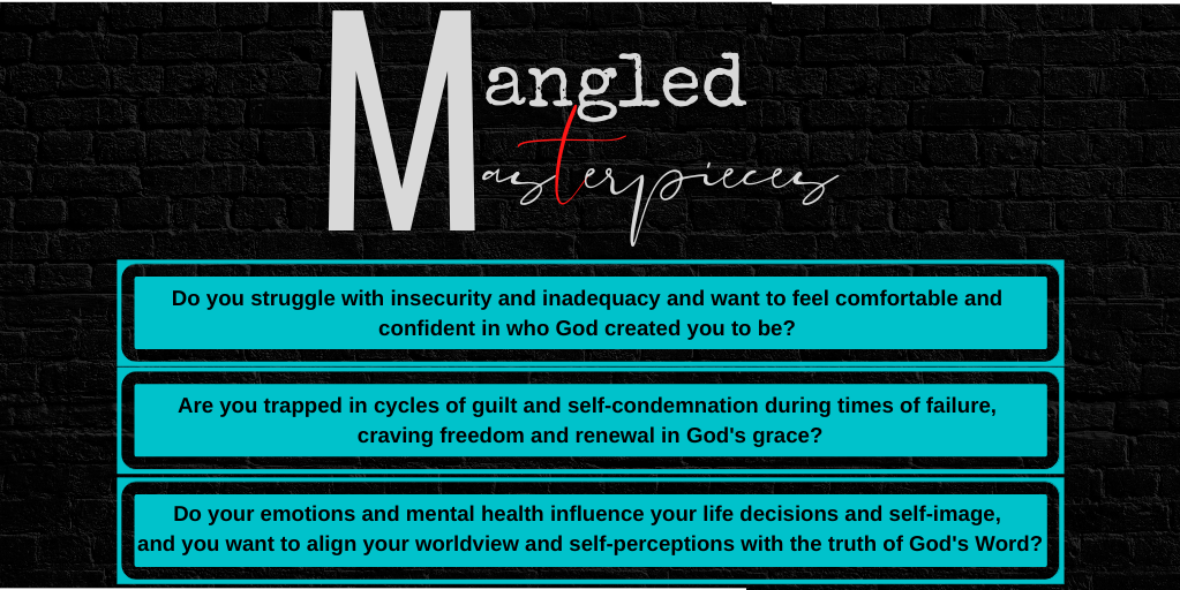“You are bipolar,” the doctor told me.
“No I’m not,” was my response.
This was first my experience with a Psychiatrist. I didn’t appreciate his frankness and besides that, he was wrong.
Years passed, and once again I found myself in a Psychiatrist’s office, but this time it was a different doctor. “You are bipolar,” he told me.
“Crap!”
Growing up I struggled with depression, anxiety, and anger. These three symptoms were besties. One was never present without the other, although much of the time one would lead the rest.

I knew I had issues but an official diagnosis freaked me out. I was now willing to hear it but accepting it was a whole different thing.
The doctor suggested medication, but I wasn’t ready. I was already self-medicating with my dear friends: drugs and alcohol. They had been around a long time.
I knew I had issues
It got to a point where my coping methods started working against me, taking my mental health to even more extreme highs and lows, so I chose to get clean and sober.
I no longer had my friends to console me and needed another way to manage my symptoms, so I became open to the possibility of taking legit medication.
I didn’t want this diagnosis
I didn’t want to be labeled.

I had a specific idea of how people with mental health issues looked. What I had seen was extreme. I wasn’t like “them.” I was a functional part of society. This mindset kept me stagnant, floating in the river of denial.
I started attending support groups through DBSA (Depression Bipolar Support Alliance). I never knew how broad the spectrum of mental health was. It was at these groups that I began to release the stigma I had attached to mental health.
I didn’t want to be labeled
Fellow Christians would tell me stories about God healing them of their depression. I’d walk away thinking, why them and not me God?
I believed God was more than capable of healing me, but that’s not part of my story.
Once I started to accept that this was something I’d struggle with throughout my life, my attitude started to change. Instead of asking for this “thing” to be taken away, I started praying that he would use it for His glory.
He has.
As I started sharing my experiences, others shared theirs. If it wasn’t them who struggled it was usually someone close to them.
God put people in my path for me to support and encourage when I was a complete trainwreck, reminding me that even at my lowest, He can use me.
I can’t even begin to count the times He’s provided comfort to me in the midst of it all. Sometimes it was a text from a friend; other times it was a song playing on the radio. Although, nothing beats my all-time favorite comfort tactic like my tattoo (Ephesians 2:10).
Why them and not me, God?
The struggle and pain that comes with life are real. Knowing that there might be a greater purpose than what my eyes can see encourages me to keep moving forward.
Having bipolar doesn’t define me, even though it tries to convince me otherwise. When my thoughts start attaching to this idea, God gently reminds me “You are who I say you are, my beautiful daughter.”
God is our merciful Father and the source of all comfort. He comforts us in our troubles so that we can comfort others. When they are troubled, we will be able to give them the same comfort God has given us.
2 Corinthians 1:3-4

If you are in need of some encouragement today, please listen to this song.


